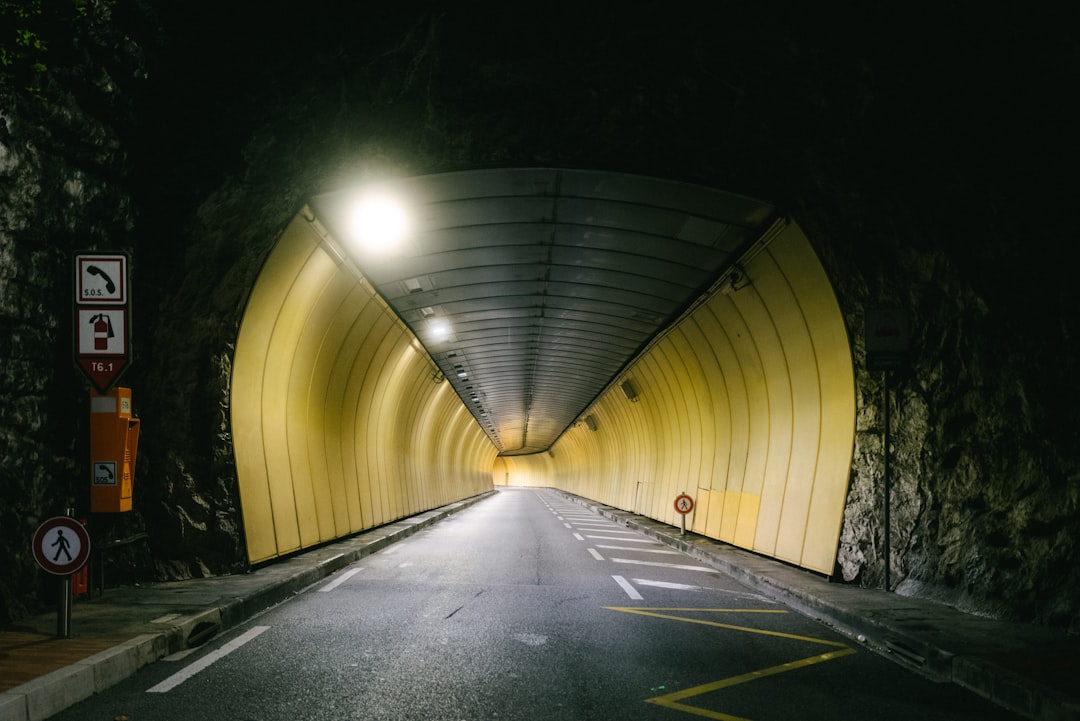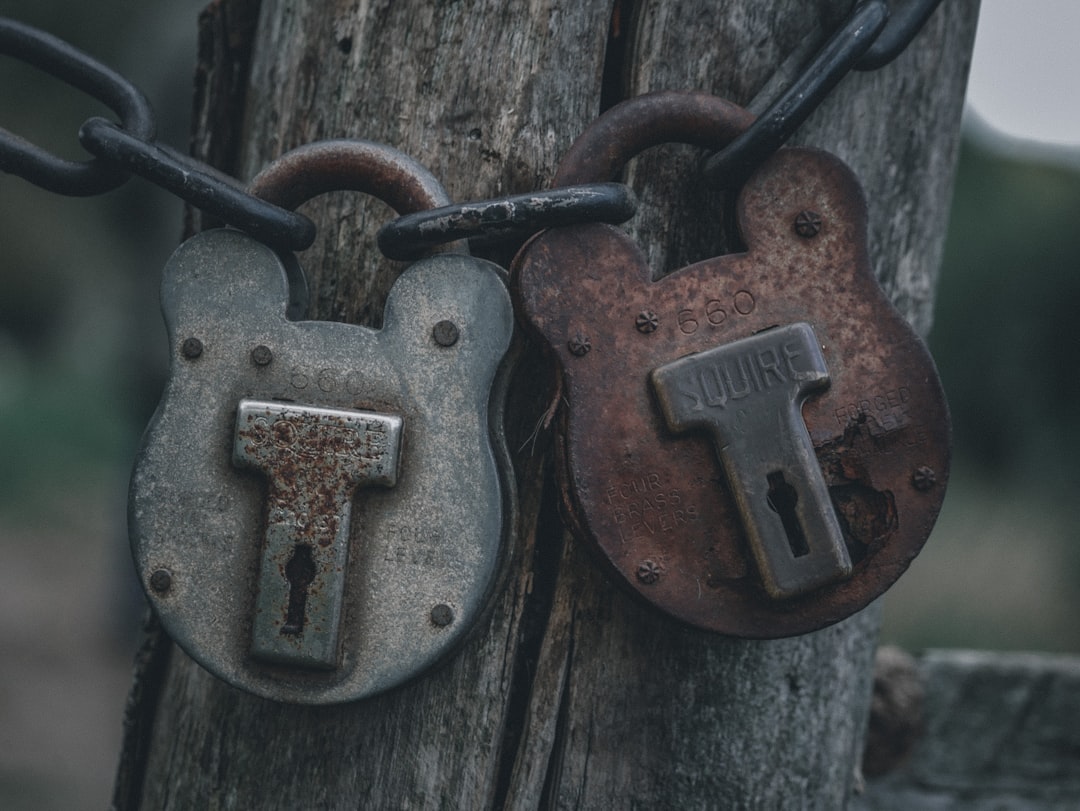VPNs are like cloaks of invisibility for your online life. They hide your real location and keep your internet traffic private. Sounds awesome, right? Well, it’s 2026, and things aren’t as simple anymore.
VPNs can still protect you. But they also come with their own set of security risks. If you’re not careful, they could do more harm than good.
Let’s break down these risks in a fun and simple way.
1. Not all VPNs are good VPNs
Using the wrong VPN is like hiring a bodyguard who secretly works for the bad guys. Some free or shady VPN services don’t actually protect you. Instead, they:
- Track your data and sell it to advertisers
- Inject ads into websites you visit
- Create backdoors for hackers to sneak in
Sounds scary? It is. Always research a VPN provider before trusting them with your info.

2. Logging policies can be deceiving
VPN companies often say, “We don’t keep logs.” But what does that really mean?
Some may log a little. Some may log a lot. The fine print matters.
Imagine thinking your internet history is private, only to find it’s been stored somewhere. Yikes!
Tip: Choose a VPN with a proven no-logs policy, and check for third-party audits.
3. VPN breaches and leaks happen
Yes—even secure VPNs can get hacked. In recent years, even big names in the VPN world have suffered data breaches.
And then there are DNS leaks. This is when your VPN forgets to mask part of your internet activity. It’s like wearing a disguise but forgetting to cover your name tag.
Watch out for:
- Weak encryption: Easy for hackers to break
- Misconfigured servers: A door left open for intruders
- Outdated apps: Vulnerable to bugs and exploits
Keep your VPN apps updated and run leak tests regularly.
4. False sense of security
Some people think using a VPN makes them totally invincible. That’s not true!
Your VPN won’t protect you from:
- Phishing attacks
- Malware and viruses
- Dodgy websites that steal information
Always use antivirus software and watch where you click!

5. Governments are getting smarter
Some countries now block or heavily monitor VPN traffic. In 2026, it’s not just about censorship anymore—it’s about control.
Advanced tools can now detect and block VPN usage. In some places, using a VPN could even get you into legal trouble.
So remember: Always follow local laws before firing up your VPN.
6. Fake VPN apps in app stores
Don’t let a cool logo fool you. There are many fake VPNs out there, especially in app stores.
They might look legit, but behind the scenes they:
- Steal your data
- Send spam
- Lock you out of your own phone!
Only download VPNs from trusted developers with lots of ratings and reviews.
7. VPNs can slow things down
Security isn’t free. VPNs can make your internet slower, especially if the server is far away.
This isn’t really dangerous, but it can be super annoying when you’re trying to stream or play games.
Choose servers closer to your real location for the best speed-performance combo.
So… Should You Still Use a VPN?
Absolutely! But use it wisely.
Here’s a quick checklist:
- Pick a trusted provider with good reviews
- Check for no-logs policies
- Enable kill switches to cut off internet if VPN fails
- Check for DNS leak protection
- Keep your VPN up-to-date
Think of your VPN like a digital raincoat. It helps in bad weather—but it won’t save you from jumping into a volcano!
Stay smart. Stay safe. Surf wisely!

